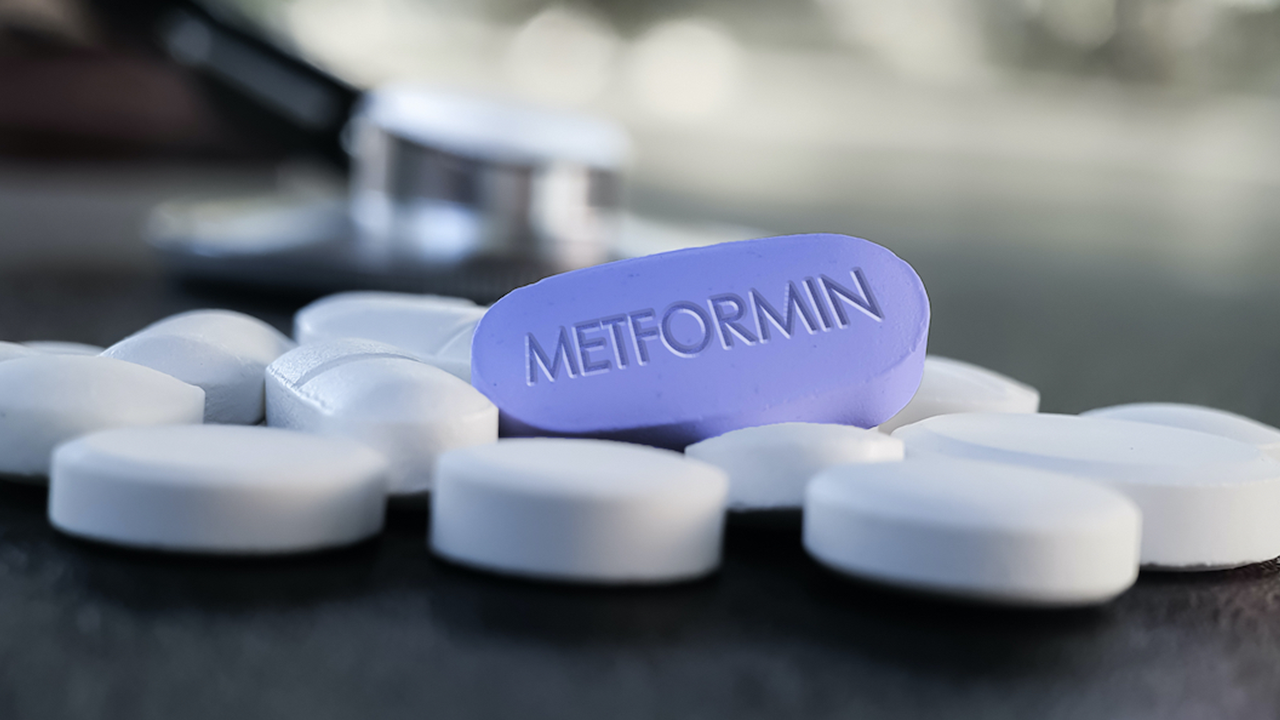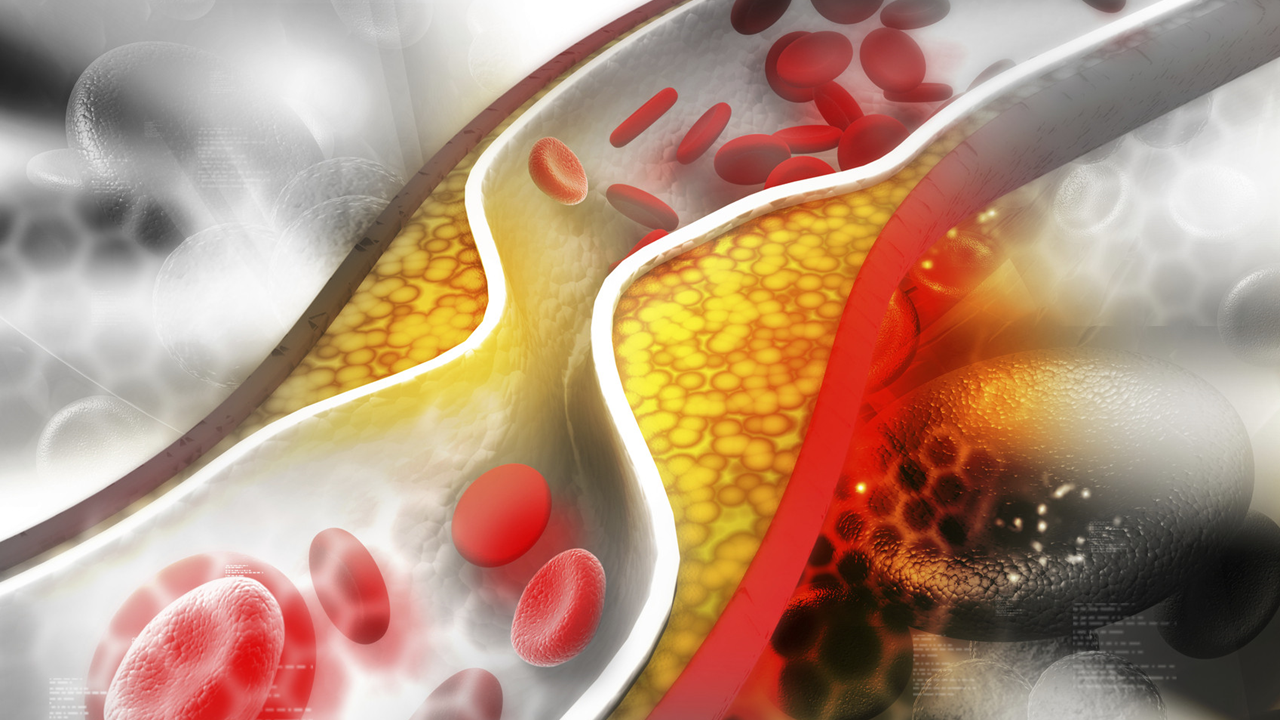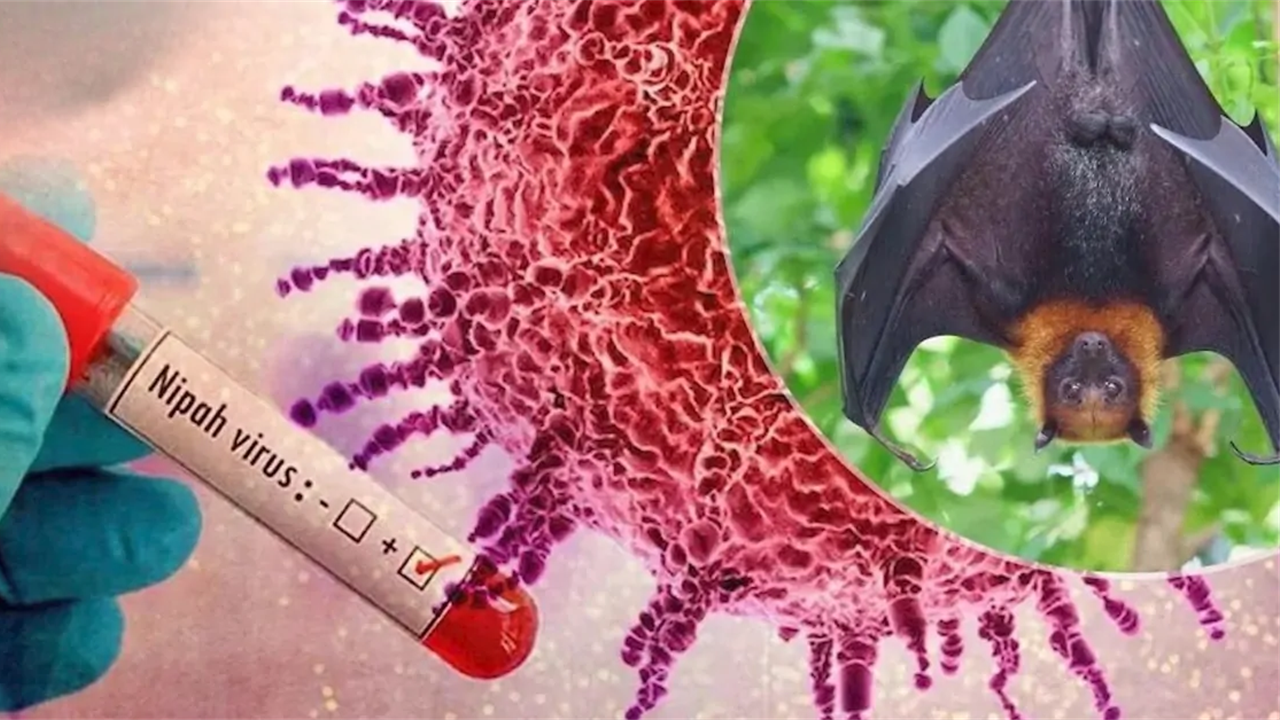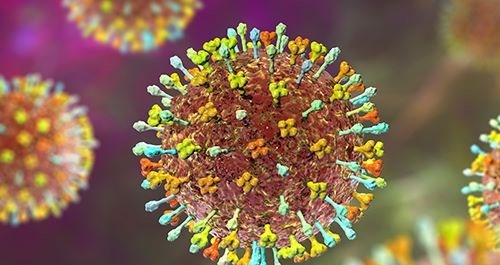Another JAK Inhibitor Shows Efficacy for Atopic Dermatitis in a Pivotal Trial
Ted Bosworth
March 28, 2023
NEW ORLEANS — The oral Janus kinase (JAK) inhibitor ivarmacitinib, which is characterized as being highly selective for the JAK1 enzyme, is effective for the treatment of atopic dermatitis (AD), according to a phase 3 multinational trial presented as a late-breaker at the American Academy of Dermatology (AAD) 2023 Annual Meeting.
Two doses were studied in the placebo-controlled trial and both demonstrated "a favorable benefit-to-risk profile in patients with moderate-to-severe AD" reported Yan Zhao, MD, a clinician and researcher in the Department of Dermatology, Peking University People's Hospital, Beijing, China.
In the study, called QUARTZ3, 336 patients age 12 and older at 51 sites in China and Canada were randomized to 4 mg once-daily ivarmacitinib, 8 mg once-daily QD ivarmacitinib, or placebo. The mean age of the population was about 32 years and approximately one-third was female.
The mean duration of AD for participants was about 10 years. The mean baseline Eczema Area and Severity Index (EASI) score was near 30. On the Investigator Global Assessment (IGA) tool, approximately 40% had a score of 4, which is the highest score on the scale and indicates severe disease. The remaining patients had an IGA score of 3.
The co-primary endpoints were change in IGA and EASI scores at 16 weeks, and both improved rapidly, showing statistical significance relative to placebo by 4 weeks with no plateauing effect at the end of the 16-week trial. By week 16, the proportion of patients with an EASI score of 75, signifying a 75% improvement, was 66%, 54%, and 22% for the 8-mg dose of ivarmacitinib, 4-mg dose of ivarmacitinib, and placebo groups (P < .001 versus placebo for both doses of active therapy), respectively.
The pattern of the IGA response was similar. By week 16, the proportion of patients achieving an IGA score of 0 (clear) or 1 (almost clear) was 42%, 36%, and 9% for the 8-mg dose of ivarmacitinib, 4-mg dose of ivarmacitinib, and placebo groups, respectively. The advantage of either dose over placebo was highly significant (P < .001) at 8, 12, and 16 weeks.
For the WI-NRS (Worst Itch Numeric Rating Scale), the advantage of the 8-mg dose relative to placebo was significant (P < .001) at the 1-week evaluation. By 2 weeks, the 4-mg dose had gained the same degree of statistical significance relative to placebo. After week 4, when the maximum proportion of patients with a WI-NRS score ≤ 4 was reached (50%, 35%, and 10% in the 8-mg, 4-mg, and placebo groups), and the relative advantage of active treatment persisted until the end of the 16-week study.
Source: Another JAK Inhibitor Shows Efficacy for Atopic Dermatitis (medscape.com)
Bài viết liên quan






